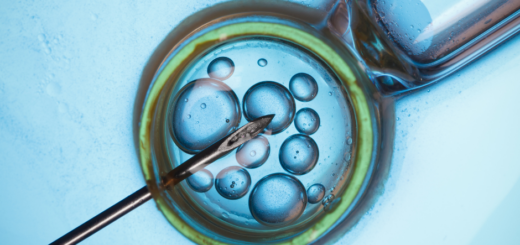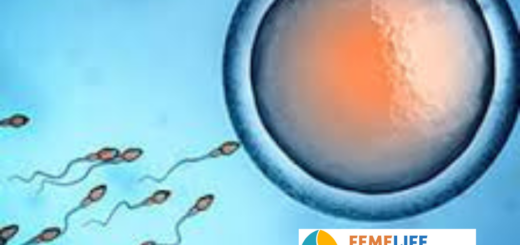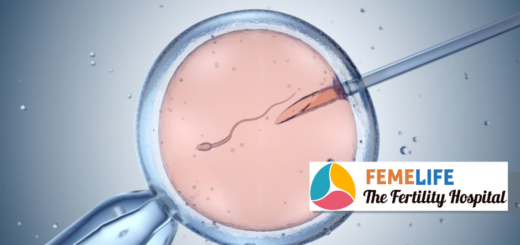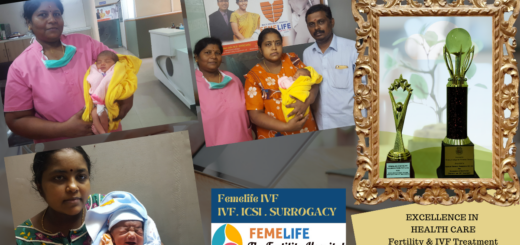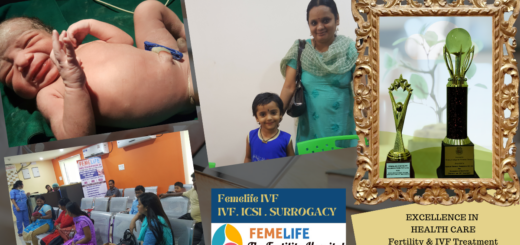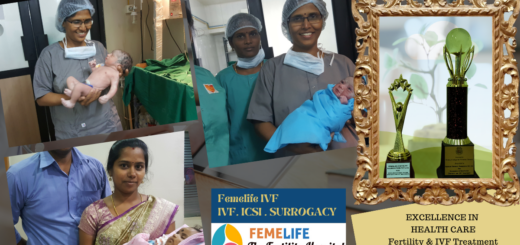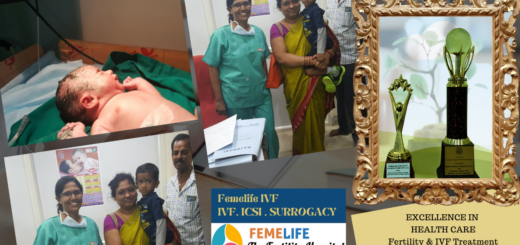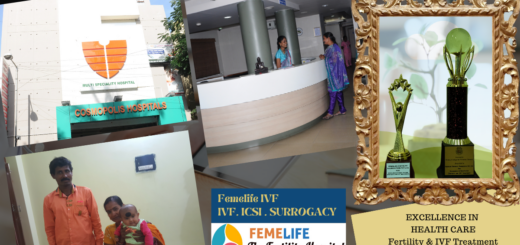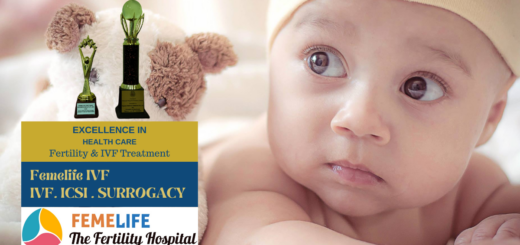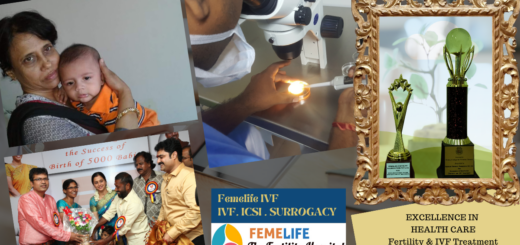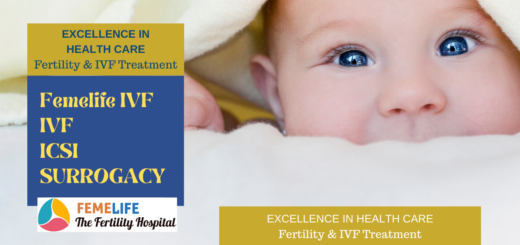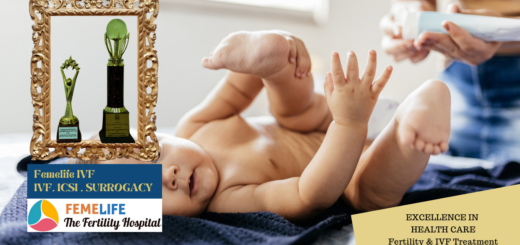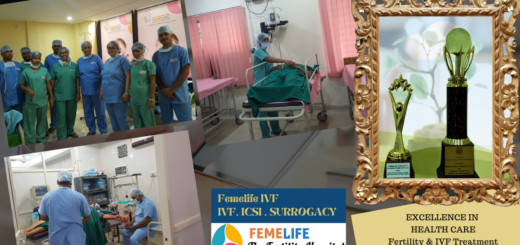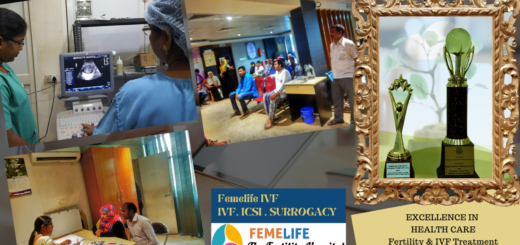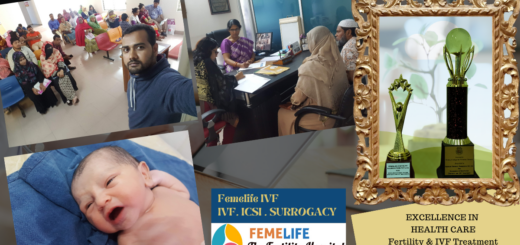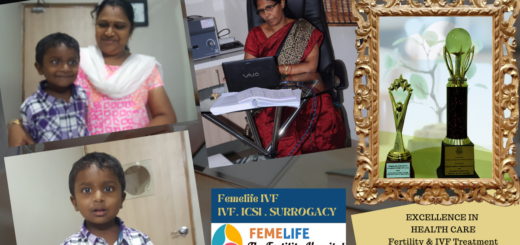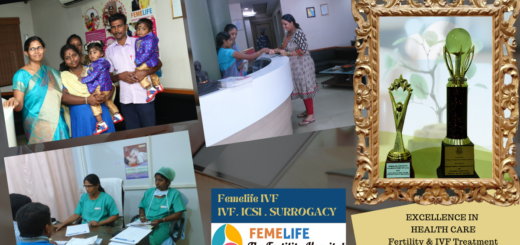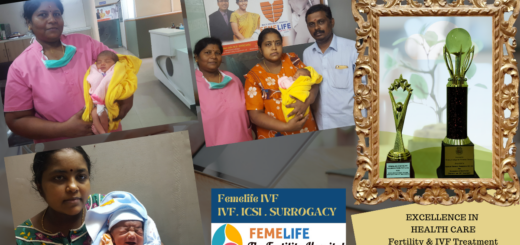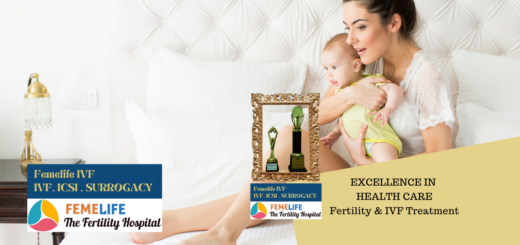IVF Pregnancy Risk & Complications
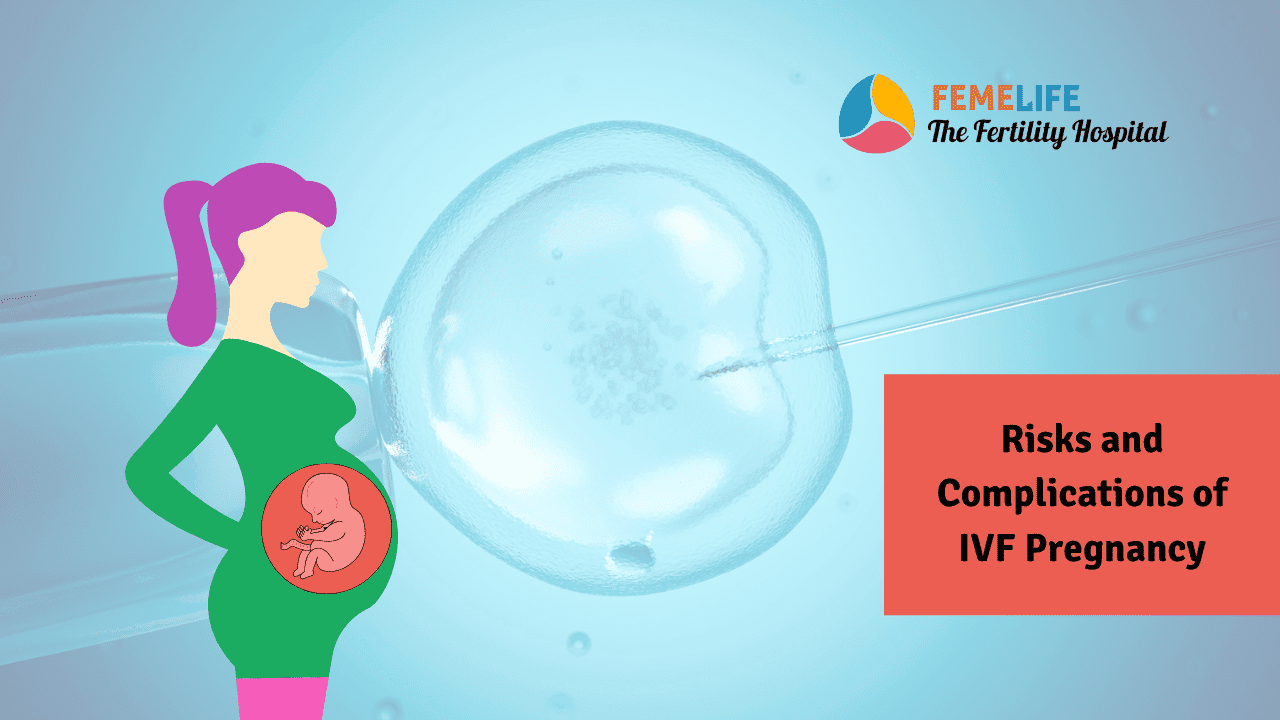
Why an IVF pregnancy is high risk pregnancy?
Every pregnancy comes with a certain number of low risks, irrespective of nature of conception. IVF pregnancy is a complex phenomenon with associated failure to achieve. Now a day, we know that many pregnancies get abort during this early stage, often before they are detected. Even in young healthy couples, the pregnancy rate is less than 20-30% per cycle. IVF pregnancy risk and complications are mainly due to multiple pregnancy and advanced age of patients.
What qualifies as a high risk pregnancy?
From the age of 30 to 35 the women’s reproductive system will decreases. The probability of a natural pregnancy after women’s turn around 40 is 8% only. Pregnancies above the age of 35 usually face complications and are high risk pregnancies. This does not specifically mean that there are specific health risks for mother and child. The term “high risk pregnancy” is mandatory. In practice, this means that the attending doctors just monitor for any progression risk of pregnancy. Monitor these is very important.
What are the risk factors for pregnancy?
First comes the age, the women’s age is one of the major risk factors for IVF pregnancies. But even the young women pregnancy is also considered as high risk if there are any complication or health problems.
The major common risk factors are:
- Chronic diseases like diabetes or rheumatism
- Metabolic disorders
- Unhealthy lifestyles (less nutrition, lack of exercise)
- Use of IVF medications
- Alcohol, tobacco and other drugs
Formally 25-30% of pregnant women are classified to have high risk pregnancies. It is far less common for actual complications to occur with comprehensive higher treatment during the pregnancy.
What are the risks with IVF and ICSI?
The artificial insemination which carries the similar risks as a natural pregnancy has:
ECTOPIC PREGNANCY:
Embryos can migrate. Even if the embryos are implanted in the womb, there are still the changes of an ectopic pregnancy. The continue follow-up carried out during fertility treatment results in early detection and treatment of ectopic pregnancies.
MISCARRIAGE:
10-15% of all pregnancies face miscarriages. With IVF treatment, this risk is approximately 15-30%. This which can be attributed to higher average age of the patients.
IVF protocol uses hormonal treatment to stimulate follicle growth. We will transfer single fertilized egg every time. In some cases doctors transfer the 2 fertilized eggs depending on the embryo status. These procedures increase the chances of getting pregnancy, but they can side effects also:
Ovarian hyper stimulation syndrome(OHSS):
The hormonal stimulation can also trigger ovarian hyper function which will cause liquid collecting in the abdomen and severe abdominal pain. If following checkup during the course of treatment, the risk of OHSS is maximum of 2% – 3%.
Multiple pregnancy
In case of IVF your doctor will transfer for two or three embryos every cycle. So there may be probability to having multiple pregnancy. They are 15 – 20 % of cases will have twin babies. And also having a chance for getting triplets is 3%.
Does fertility treatment increase risk in the baby?
The risk is neither higher nor lower with IVF pregnancy than in the case of natural pregnancies. There may be an increased risk of transmission of a genetic disorder from the parents to child in the case of artificial insemination by ICSI like 3-5%. A very less percentage (1-2%) of infertile men also carry the gene for cystic fibrosis, which also transferred to the child who conceived through ICSI might also having the fertility problems. If needed or necessary, an examination of the genetic material before during the fertility treatment is stared.
Is IVF pregnancy a high risk pregnancy?
If you are taking infertility treatment, especially in vitro fertilization (IVF) or Intracytoplasmic sperm injection (ICSI) you are at slightly higher risk. Usually 40 % women conceiving through IVF experience a severe pregnancy complication compared with women who gave birth without any fertility treatment.
Is IVF pregnancy different from normal pregnancy?
No, after the first few weeks of pregnancy an IVF pregnancy is as similar to the normal pregnancy in every respect. Every women and every pregnancy is unique irrespective of type of conception.
Is IVF considered as natural conception?
Natural conception after IVF can happen in some cases. Many study found that out of 2000 couple who attempted ART about 20% became pregnant on their own after the fertility treatment. Many couple that present for fertility care are subfertile, not infertile.
Why multiple pregnancy is high risk?
IVF treatment has higher risk of getting multiple births. This risk is because of multiple embryo transfer and assisted hatching. A pregnancy with multiple babies carries a higher risk of early labor and low birth weight than pregnancy with a single fetus does. Premature delivery and low birth weight also higher risk in IVF pregnancy.
What are the IVF pregnancy risks?
Ovarian hyperstimulation syndrome is a dreadful complication of IVF. Among others, multiple pregnancies are common untoward side effects. Other risks like higher level of anxiety, and depression, ovarian torsion also occur but rarely. At times you may have to deal with pregnancy complications like ectopic, pre-eclampsia, placenta previa, placenta separation and higher risk of cesarean section.
What are the side effects of fertility drugs?
Most often seen side effects include redness of the skin over the injection site, headache and nausea. Adverse reactions include allergic reactions sometimes. Long term effects of fertility drugs may also cause bone loss in the long run. But these are very rare in IVF as you take these drugs for short period.

